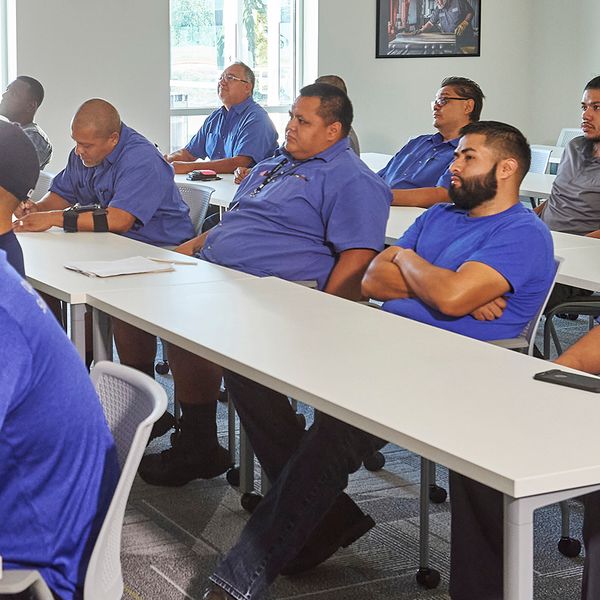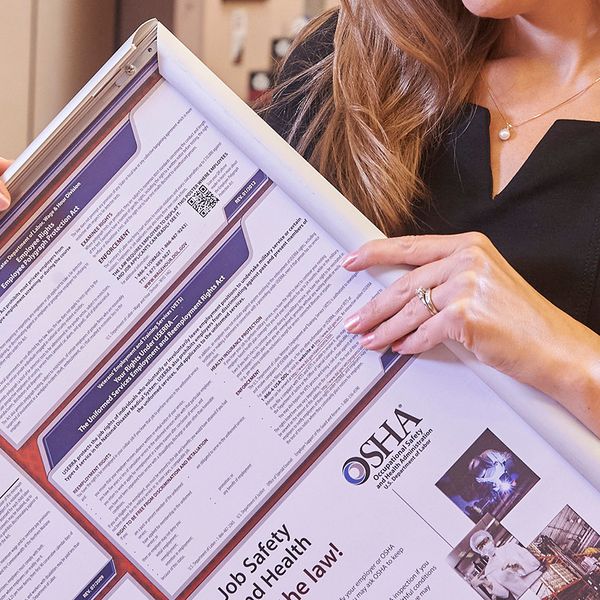A poster may be needed when your state has a captive-audience meeting law
Captive-audience meetings, where an employer holds a mandatory meeting to express its views on unionization, have been receiving a great deal of attention.
The National Labor Relations Board (NLRB) ruled on November 13 that these meetings are unlawful, as they violate employee rights under the National Labor Relations Act (NLRA). The board determined that they interfere with an employee’s right to freely decide how to participate in a conversation about unionization.
A number of states have also passed laws banning captive-audience meetings. Employers in these states must make sure any meetings about unionization comply with both NLRB guidelines and state laws.
Some state captive-audience-meeting laws also require employers to do one more thing: Make workers aware of their rights by posting information about the law in the workplace. In some cases, states provide a standardized poster. When a standardized poster is not available, employers can post the text of the law to comply with the posting requirement.
Which states require captive-audience meeting postings?
The posting requirements for captive meeting laws vary by state:
Illinois: Post information about the Worker Freedom of Speech law as of January 1, 2025.
Maine: Display information about the state’s Captive Audience statute after a standardized posting is made available by the state.
Minnesota: Display the Employer-Sponsored Meetings posting from the state.
New York: Post the text of the state’s Discrimination Against Engagement in Certain Activities law.
Oregon: Display the Captive Audiences poster from the state.
Washington: Display the text of the state’s Free Choice Act or a posting from the state when one is made available.
Alaska, California, Connecticut, Hawaii, and Vermont have captive-audience meeting laws, but do not require employers to display related information .
Key to remember: Employers in some states need to display a captive-audience meeting posting to make employees aware of their rights.



















































